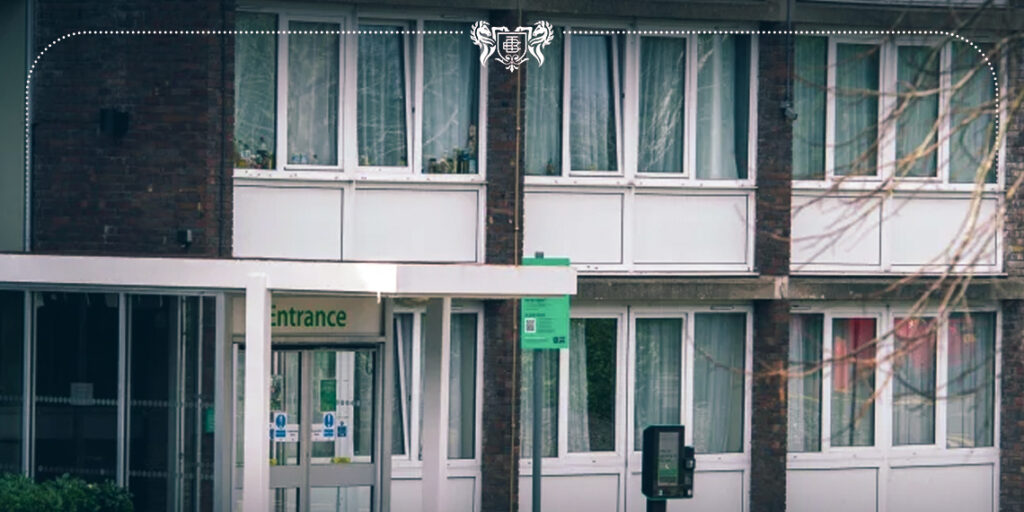The UK government should transfer the responsibility for housing asylum seekers to regional authorities, a research institute has proposed, as rising accommodation costs drain funds from other critical programs.
The Institute for Public Policy Research (IPPR) suggests that decentralising control would reduce reliance on hotels for housing migrants. This practice has increased the annual cost of housing each asylum seeker to £41,000 ($53,000) over five years due to backlogs that surged under the previous Conservative leadership.
Labour’s new Home Secretary, Yvette Cooper, has pledged to end the use of hotels for asylum seekers waiting for their applications to be processed. These accommodations have not only become a flashpoint for anti-immigrant protests, including far-right riots, but they are also diverting funds from essential services like foreign aid.
Over 25% of the UK’s £15.4 billion foreign aid budget is now allocated to asylum costs, prompting Foreign Secretary David Lammy to seek additional funding. The issue is expected to be a significant topic of discussion when Prime Minister Keir Starmer meets with Commonwealth leaders this week in Samoa.
Although current contracts with accommodation providers extend until August 2029, the IPPR recommends using a 2026 break clause to end the arrangement.
Responsibility for finding new accommodations could be transferred to strategic migration partnerships, led by local authorities, to identify more affordable options.
According to Lucy Mort, a senior research fellow at the IPPR, “Poorly designed contracts, mismanagement, and lack of local input have left asylum seekers in substandard conditions and strained local governance. Decentralization is crucial for understanding and meeting community needs.”
A Home Office spokesperson acknowledged that many of the report’s criticisms “apply to the previous government’s policies” and emphasized that Labour is “working swiftly” to address these issues. “While restoring order to the asylum system will take time, we have a robust plan to reduce the backlog by accelerating processing and increasing deportations,” the spokesperson added.
Call for ‘Integrated Support’
Since the late 1990s, asylum seekers were housed in low-cost, hard-to-rent properties managed by local authorities and private landlords. However, in 2019, the Home Office awarded contracts to private firms — Clearsprings, Mears, and Serco — who then partnered with hotel chains. The total cost of the asylum system has risen to £4.7 billion from £739 million over five years.
The previous Conservative government’s slow processing of asylum applications, as former Prime Minister Rishi Sunak pushed for deportations to Rwanda, led to increased demand for hotels. Now that Labour has canceled the deportation plan, addressing the housing situation is a priority.
Additionally, asylum seekers have reported unsanitary conditions and harassment from staff in some hotels, which exacerbates mental health concerns. One asylum seeker shared, “We stay four people in one room, with no cleaning or fresh bed sheets.”
The IPPR believes decentralization would enable local authorities to better serve asylum seekers by leveraging local expertise and resources.
Bella Sankey, the Labour leader of Brighton & Hove City Council, supports the recommendation, stating that regional bodies are “best equipped to provide integrated support for asylum seekers and refugees.”


